Tehran looks to China, Russia after Trump’s threats on nuclear deal
Ayatollah Khamenei has bristled after the US president, in a letter, threatened Iran with military action if it refused to negotiate a new deal.
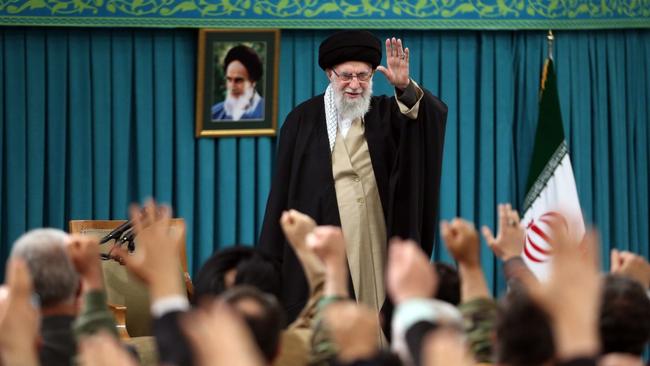
Iran will seek advice on its nuclear program from China and Russia on Friday as it faces off with Washington in the latest example of President Donald Trump’s revolution in the world order.
Ten years ago Russia and China joined the European Union and the United States in signing a deal with Tehran to limit the Islamic Republic’s nuclear program in return for sanctions relief.
Now they are increasingly aligning with Iran in the face of Trump’s threats to use military action against Tehran if it does not sign a new nuclear deal. Trump tore up the first one seven years ago.
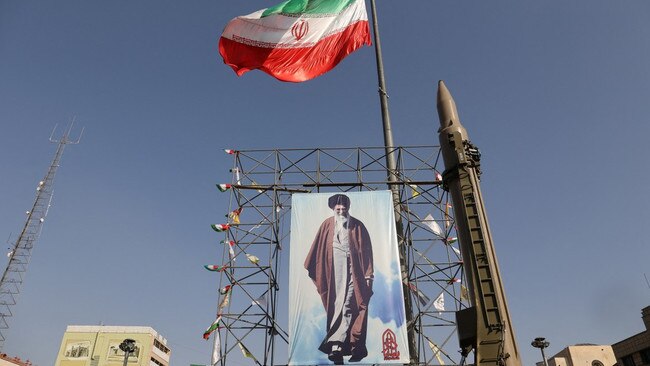
“In the current situation, China believes that all parties should remain calm and restrained,” Mao Ning, China’s foreign ministry spokeswoman, said on Thursday as she confirmed the talks in Beijing.
She did not make clear what the talks are meant to achieve. But China and Russia have become Iran’s main supporters as it tries to survive America’s tough sanctions regime, with Russia buying its weapons and China its oil.
Trump has returned to office offering both threats and “deals” as a way to solve some of the world’s most intractable conflicts and diplomatic quandaries.
The 2015 deal with Iran, negotiated by President Barack Obama and backed by the UN, was criticised by Israel at the time. Trump echoed those criticisms in the 2016 presidential election, as well as claims that sanctions relief enabled Iran to boost spending on anti-Israel militias such as Hezbollah in Lebanon.
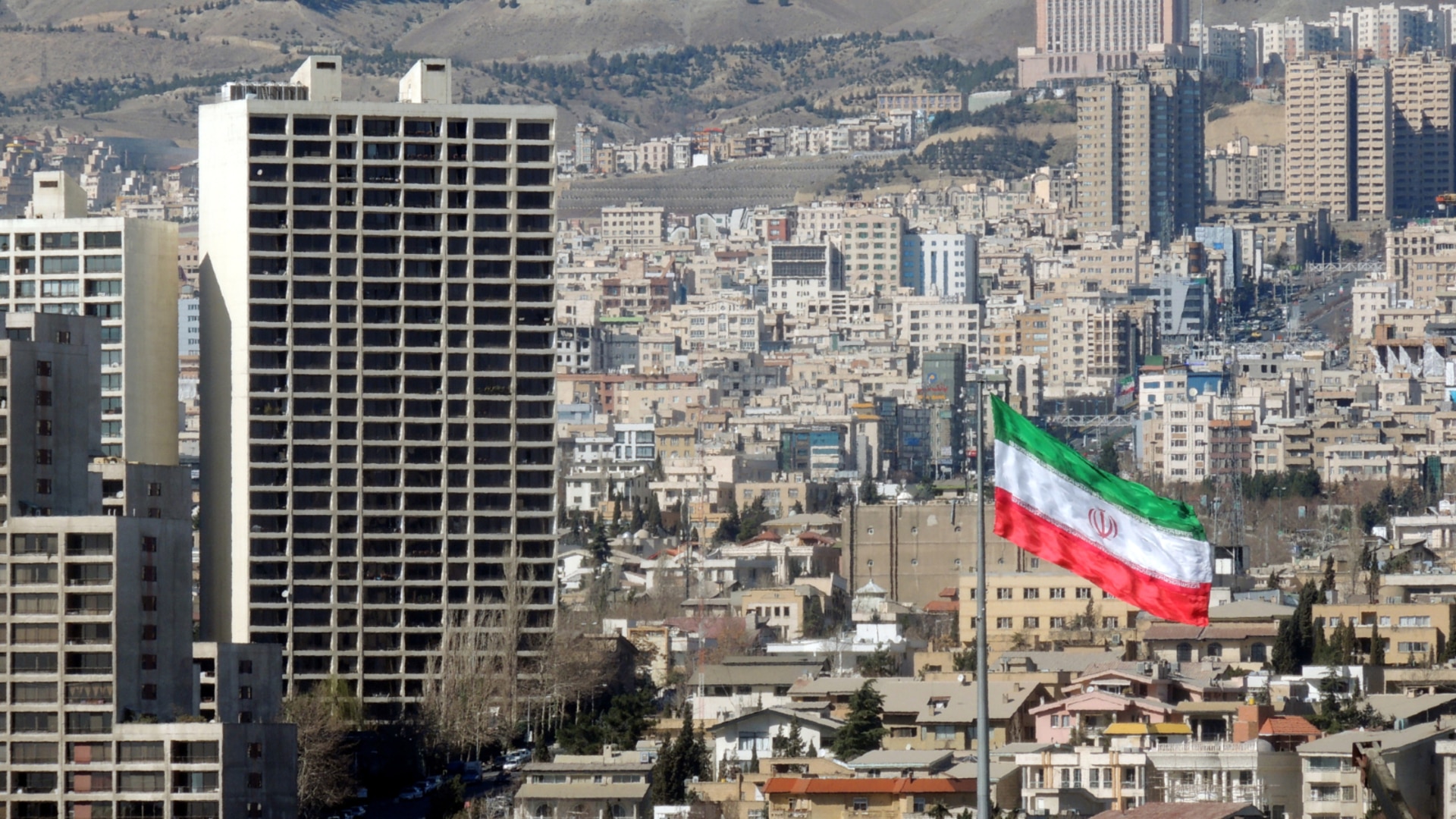
However, since he pulled out of the deal and reimposed sanctions in 2018, Iran has resumed its uranium enrichment and missile program. For the first time, it now has a significant stockpile of uranium enriched to 60 per cent, close to the 90 per cent needed for an atomic weapon.
Ayatollah Ali Khamenei, Iran’s 85-year-old supreme leader, has always said he has no intention of authorising the construction of a nuclear weapon. However, other regime leaders have given hints that this posture may be reversed, perhaps after his death.
Trump sent Khamenei a letter last week, in which he said he hoped Iran “would negotiate because if we have to go in militarily, it’s going to be a terrible thing for them”.
Khamenei, who received the letter via an envoy from the United Arab Emirates, was scathing in his response. “When we know they won’t honour it, what’s the point of negotiating?” he said, adding that Iran would retaliate if it were attacked.
“Iran is not seeking war but if the Americans or their agents take a wrong step, our response will be decisive and certain, and the one who will suffer the most harm is America,” he said.
Both Trump and Israel believe Iran has been severely weakened as a result of the conflict in Gaza, and is therefore open to a more restrictive, less remunerative deal than it agreed in 2015.
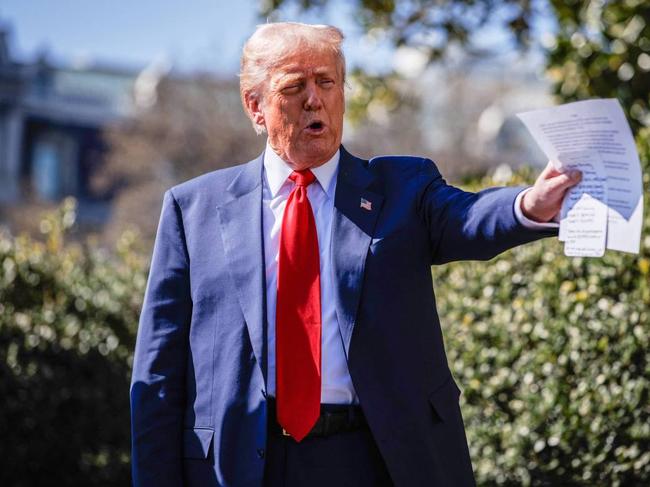
Their fear that a US or Israeli attack on Iran’s nuclear facilities could provoke massive Hezbollah retaliation has receded. The militia has been hollowed out by Israel’s war in southern Lebanon in recent months. Israel was also able to destroy many of Iran’s air defences in an attack in October, following an Iranian missile offensive against Tel Aviv and other cities.
Russia and China have made little comment on the battering that Iran and its militia allies received in the past six months, reiterating merely that they support a ceasefire in Gaza, a two-state solution for the Palestinians, and a new nuclear deal for Iran.
However, they are keen not to allow another “win” for what they regard as an aggressive US posture in the Middle East, where both have seen their recent gains in influence unexpectedly reversed, not just over Iran but also with the fall of the Assad regime in Syria last year.
The Times

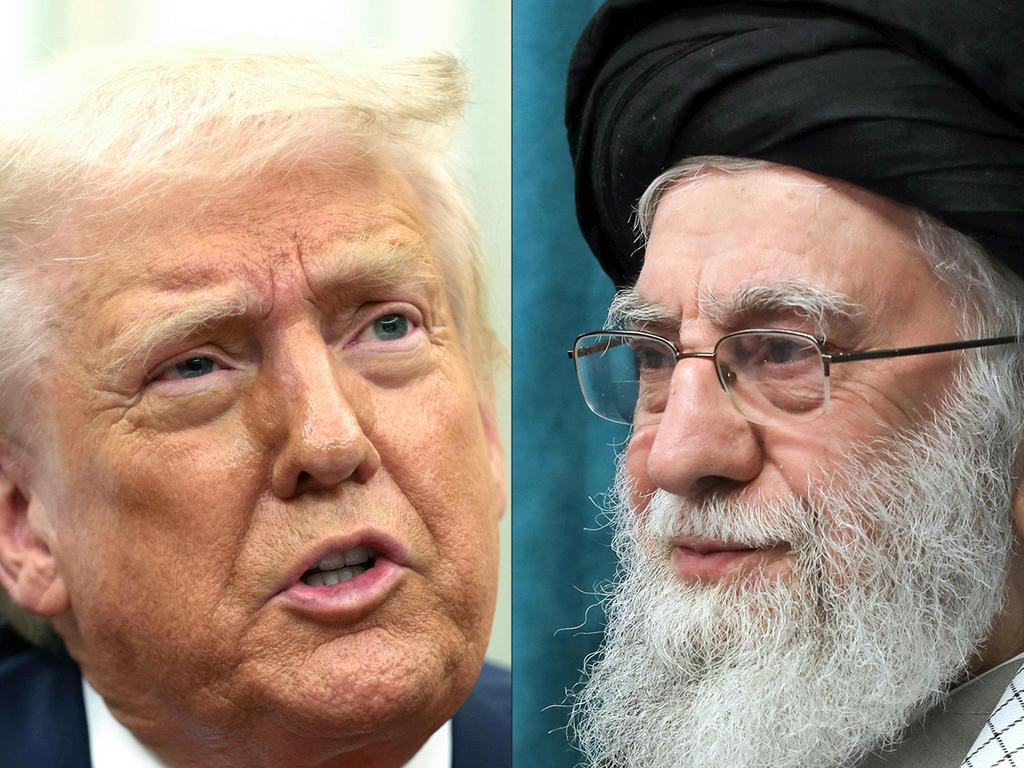


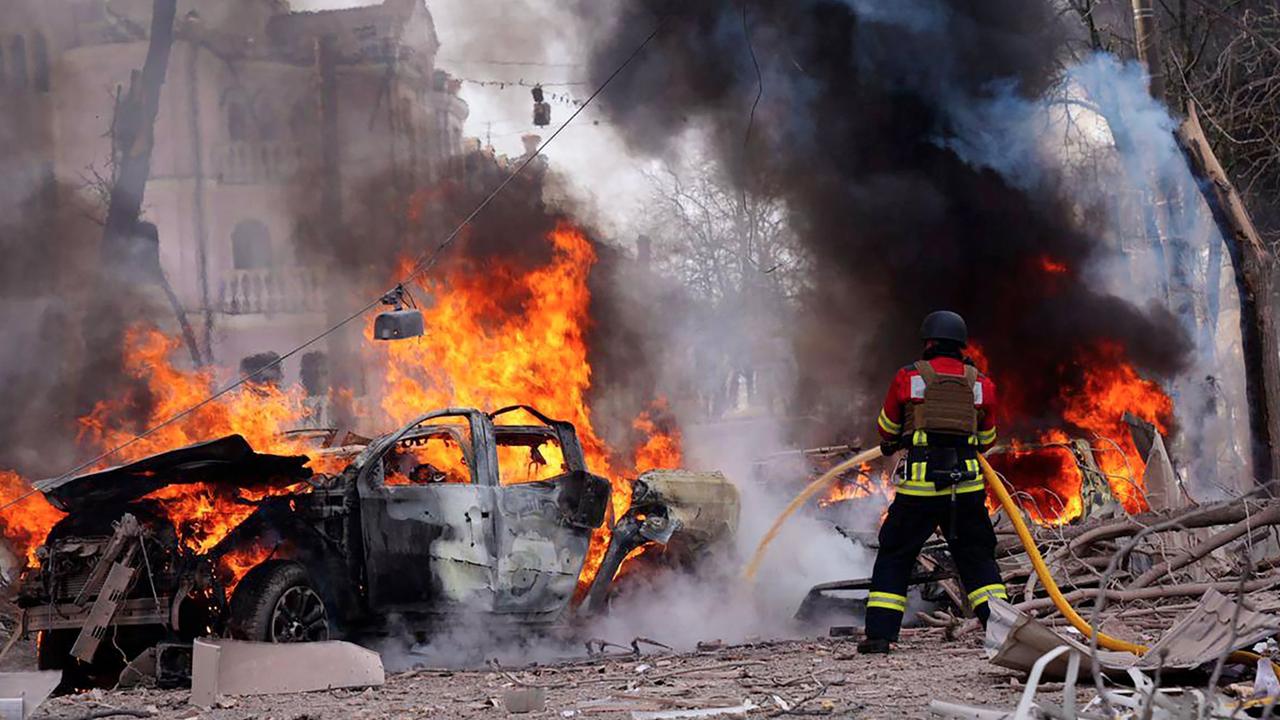
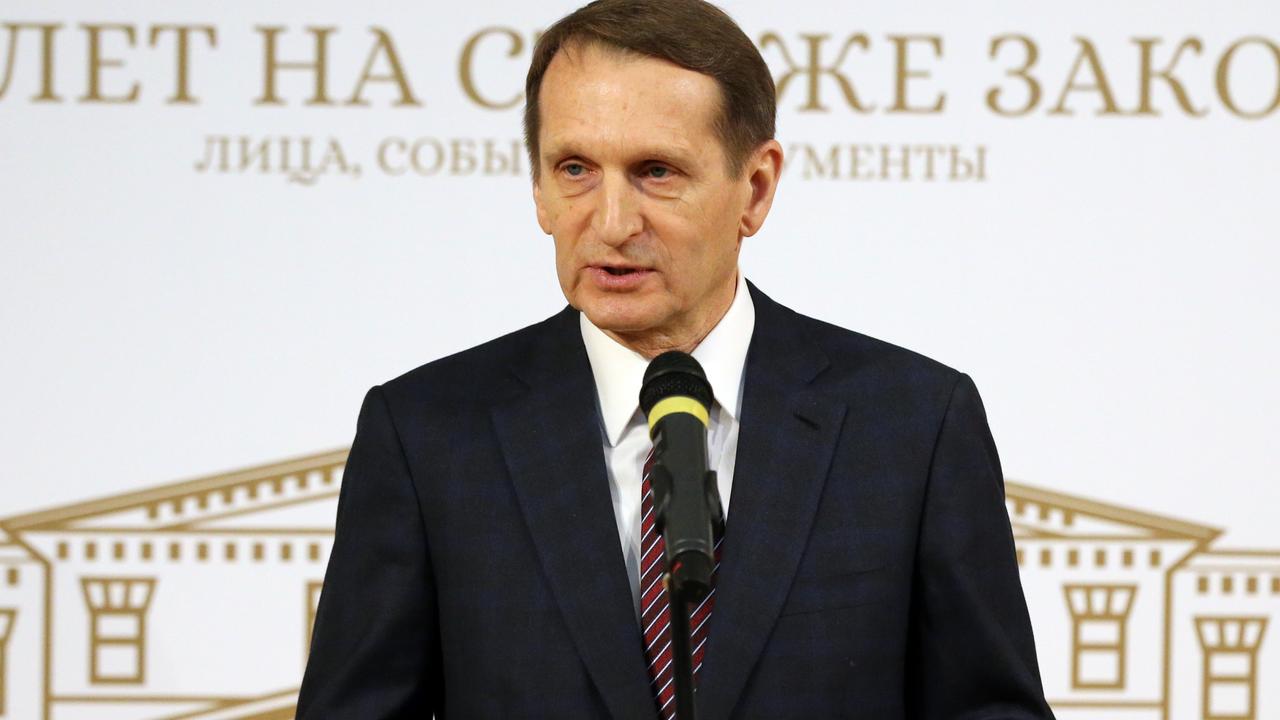
To join the conversation, please log in. Don't have an account? Register
Join the conversation, you are commenting as Logout